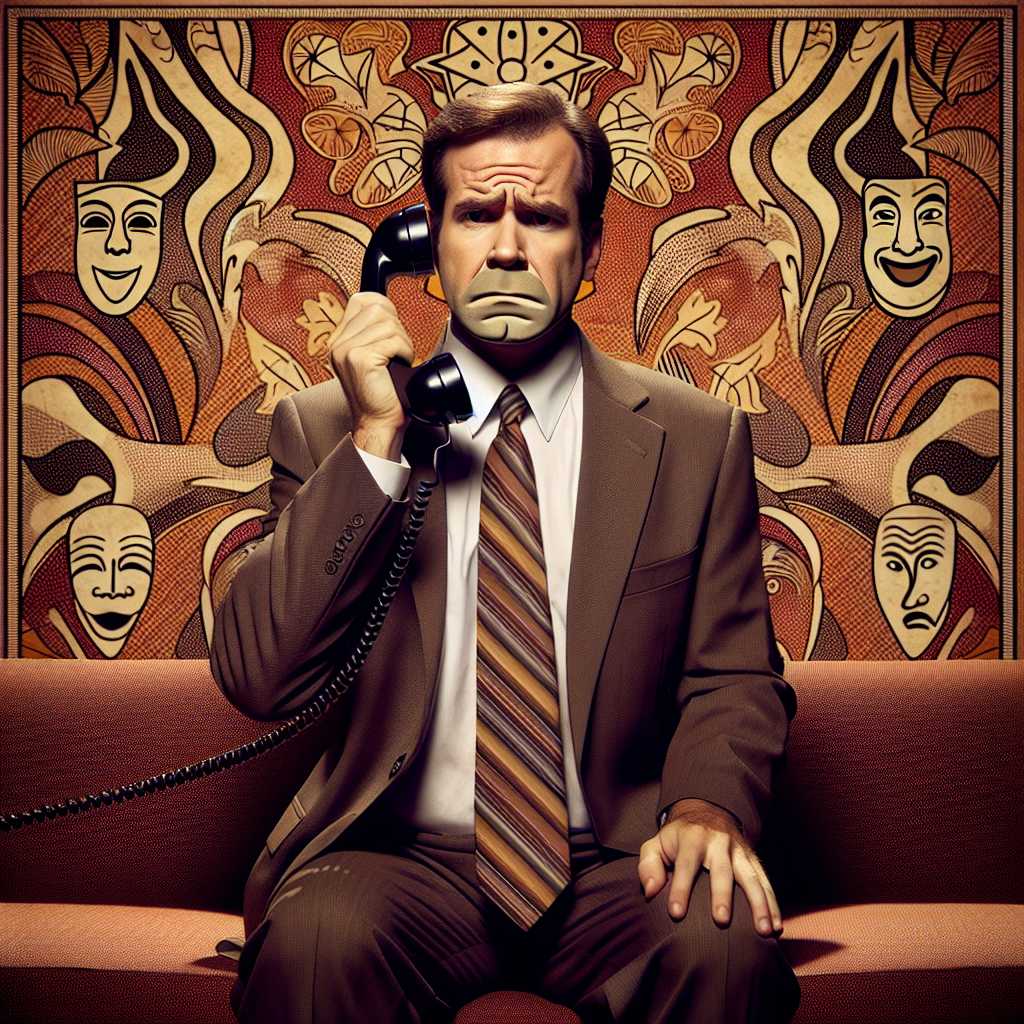The Enduring Legacy of *Bob Newhart
Bob Newhart stands as an exemplar of comedic excellence, having carved an indelible mark in the world of entertainment with his predominantly understated and often deadpan style. With a career spanning several decades, he has earned a reputation as one of the pioneers in comedy, impacting generations and providing a template for the ‘everyday man’ character trope that came to be popular in sitcoms and stand-up routines. His influence is seen as both multigenerational and multifaceted, resonating in stand-up comedy, television, and film.
Early Life and Entry into Comedy
Newhart was born on September 5, 1929, in Oak Park, Illinois. He originally trained as an accountant and served in the U.S. Army during the Korean War. It wasn’t until he turned towards the direction of stand-up comedy that his quiet genius began to get noticed. In the late 1950s, he refined his craft and stumbled upon a unique comedic style – solo acts with one-sided telephone conversations that delivered punchlines through the reactions and paused responses attributed to the unheard speaker.
His big break came in 1960 when Warner Bros. Records released “The Button-Down Mind of Bob Newhart,” an album of comedic monologues that became an unexpected hit, reaching number one on the Billboard pop album chart. It became one of the fastest-selling records at the time, signaling not only a new era in spoken comedy but certifying Newhart’s place in show business.
Television Fame and Success
In 1972, Newhart transitioned smoothly into television with “The Bob Newhart Show,” which showcased him as psychologist Dr. Robert Hartley navigating both his personal life and career dilemmas with the same bemused reticence that had become his trademark. This first series enjoyed successful six seasons before coming to a close in 1978.
Even greater critical acclamation followed with his 1980s series “Newhart,” where he played Dick Loudon, an author turned innkeeper in Vermont. The show is perhaps most famously remembered for its series finale with an iconic twist ending that merged it with Newhart’s first show—a denouement often cited among television’s most cleverly constructed.
Overlying this, his television work has led to multiple Emmy Award nominations and demonstrated incredible staying power. Through subsequent guest appearances and voice roles such as on “The Simpsons” and a supporting role on “The Big Bang Theory,” Newhart reminded audiences of his lasting humor, timing, and delivery.
Film Career and Other Contributions
While Newhart will perhaps always be best known for his contributions to television, his influence extends to film as well. With roles comprising various movies over the years, including prominent parts in major films like “Catch-22” (1970) and “Elf” (2003), he demonstrated the ability to adapt his particular style to different media while retaining his signature charm.
In addition to filming and recording features, Newhart authored a book entitled “I Shouldn’t Even Be Doing This!” which gave insights into his routines, career highlights, and provided autobiographical chronicles of his life. His written work reinforced the respect he garnered as a thoughtful artist and craftsman dedicated to the realm of comedy.
Legacy and Influence
Newhart’s influence is broad and enduring within the comedy landscape; his clean, conservative humor set him apart during a time when counterculture movement encouraged more critical or overtly political humor styles. A defining feature throughout his performances is how they lean on a sense of shared understanding with the audience. This ‘everyman’ perspective paved the way for other comedians and contributed significantly to scripting choices in sitcoms that look to create relatable scenarios full of malapropism-based humor—the humor informed by its understatement rather than spectacle.
